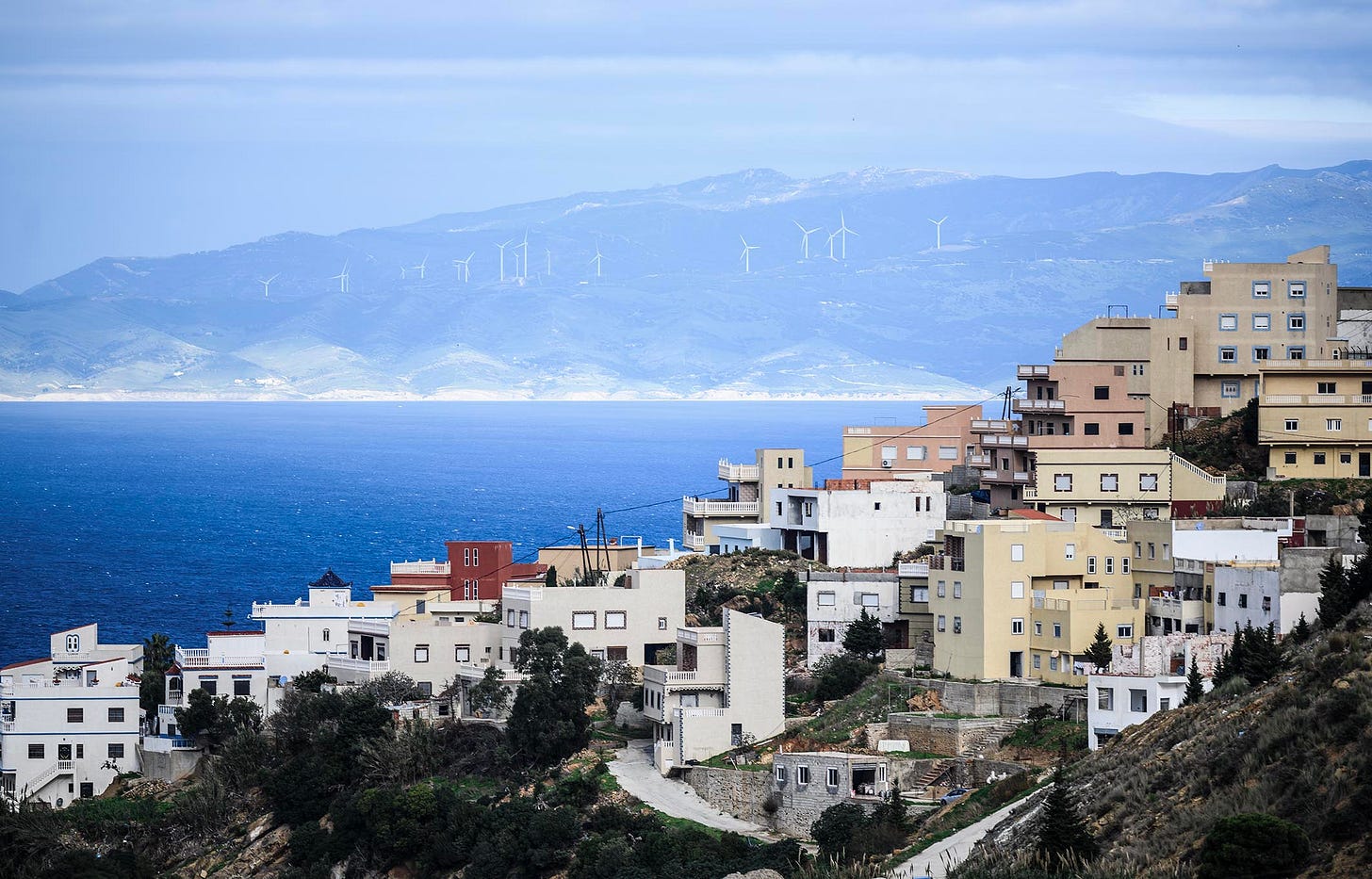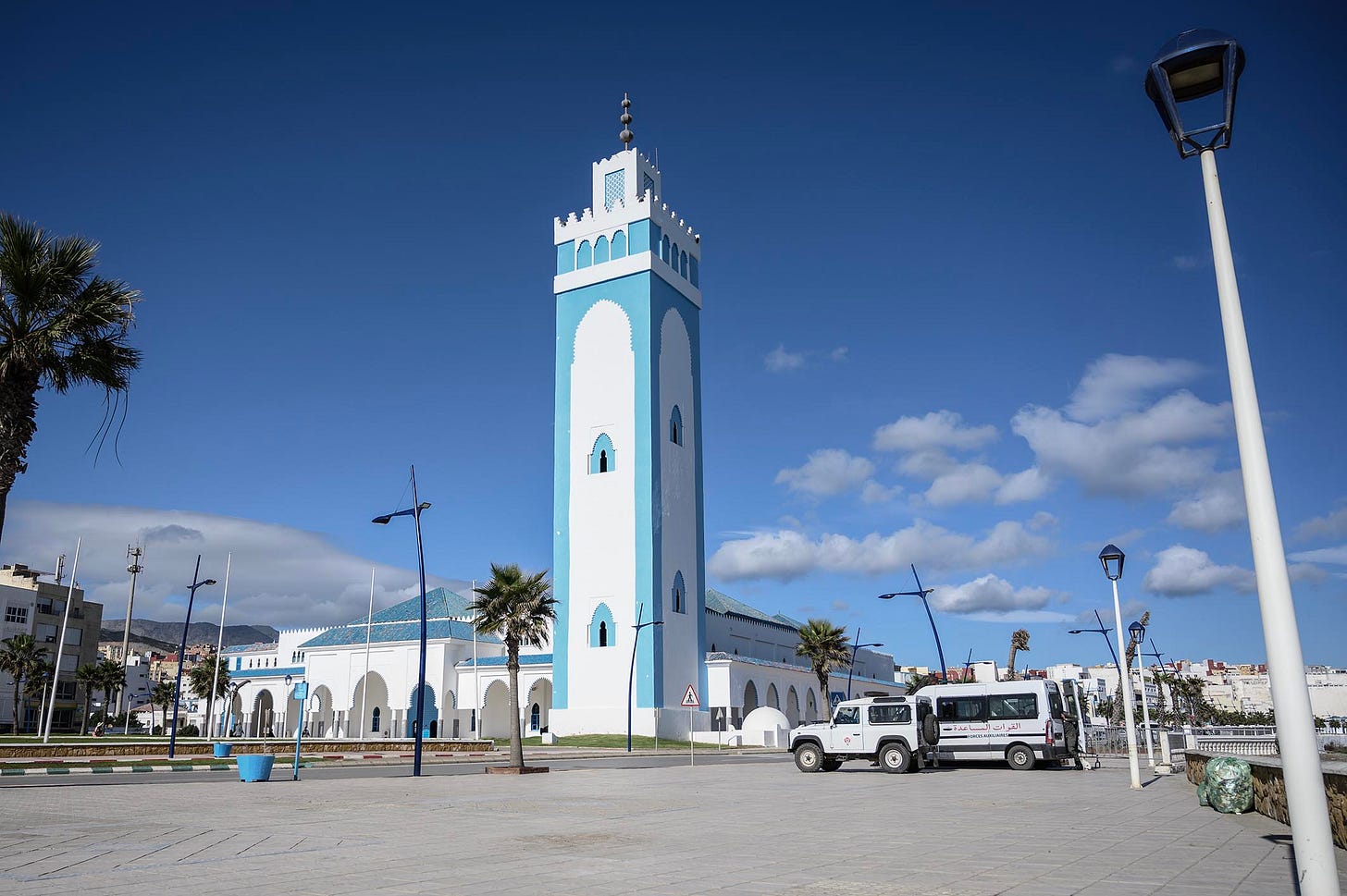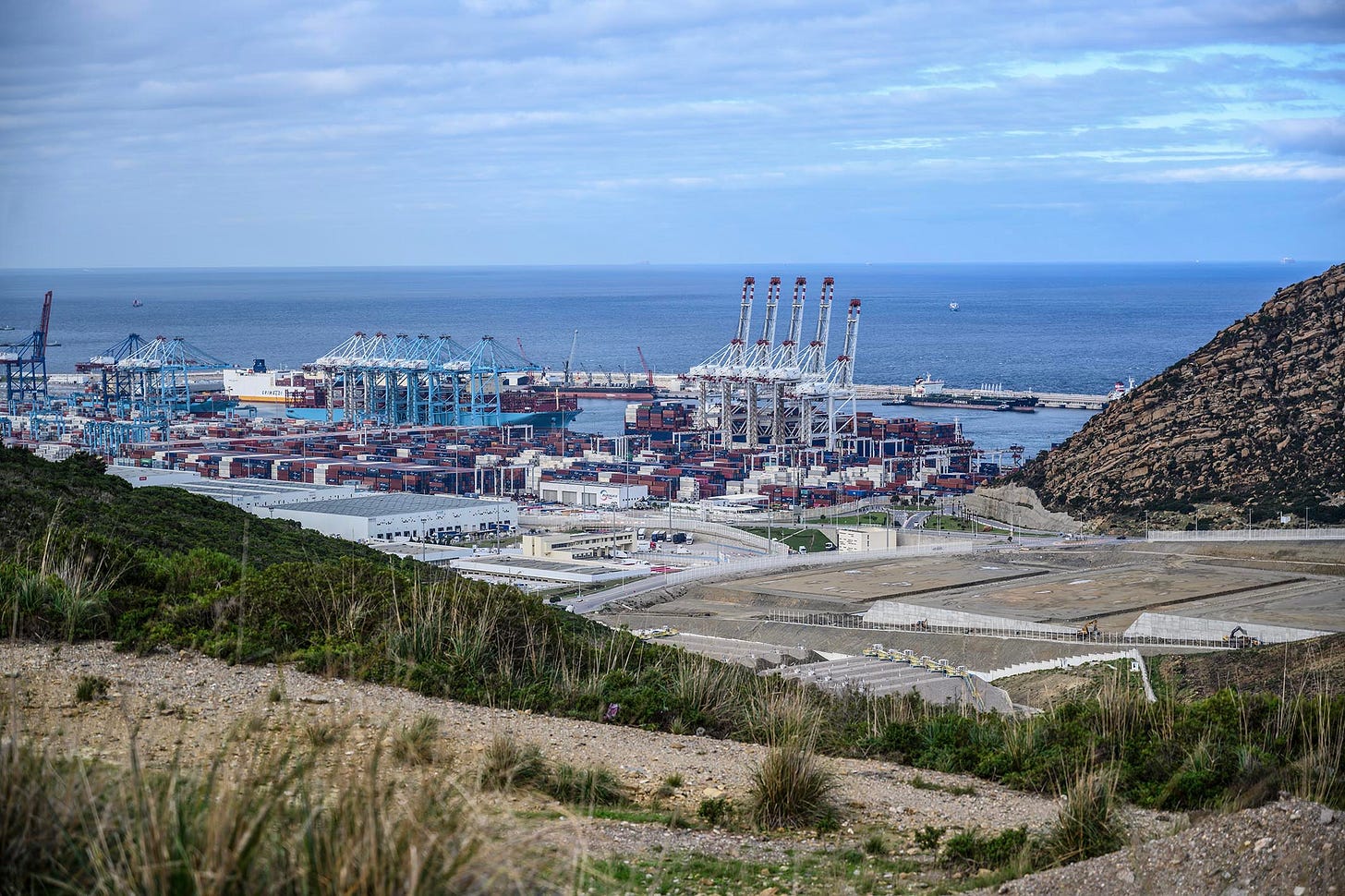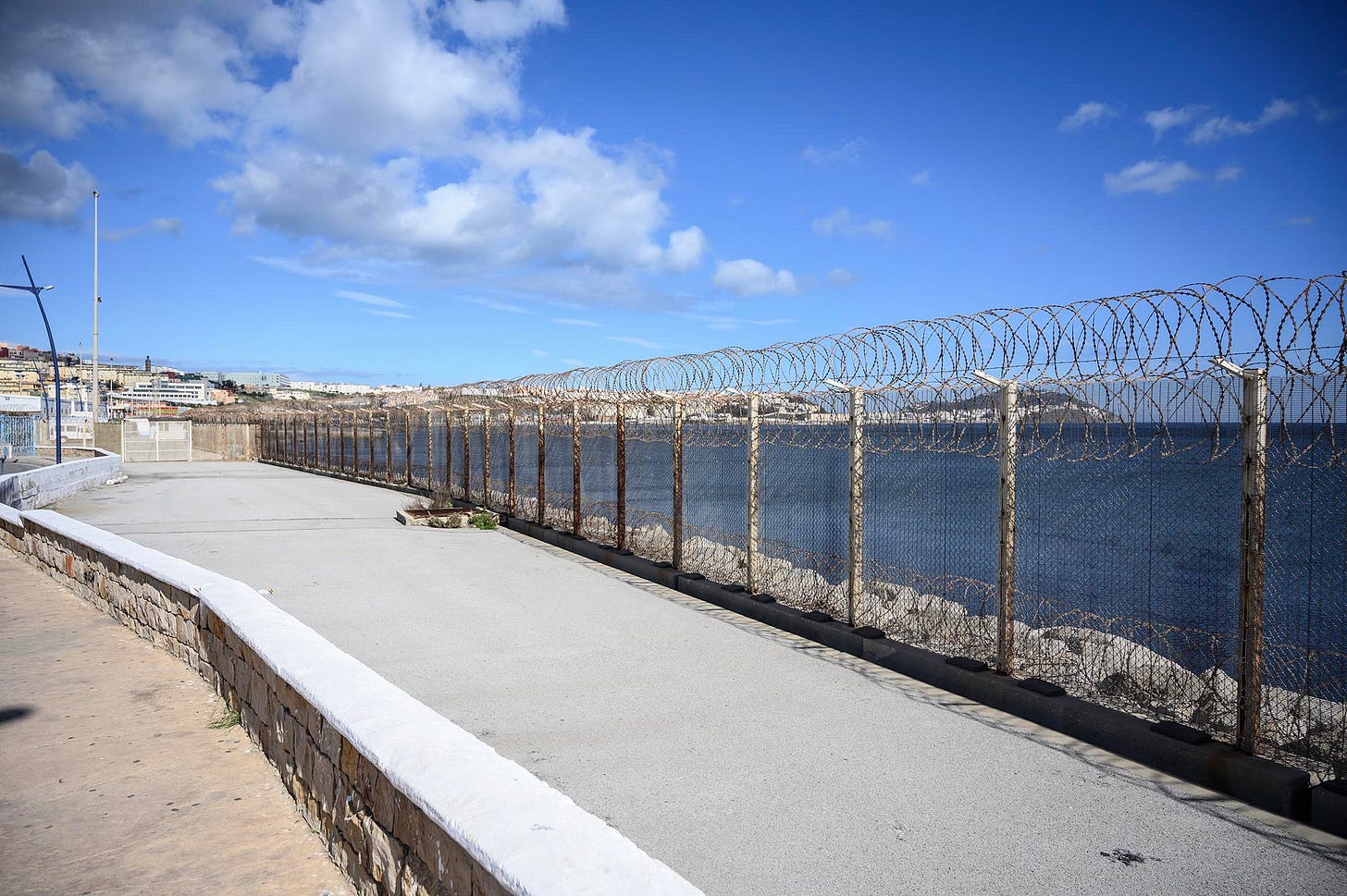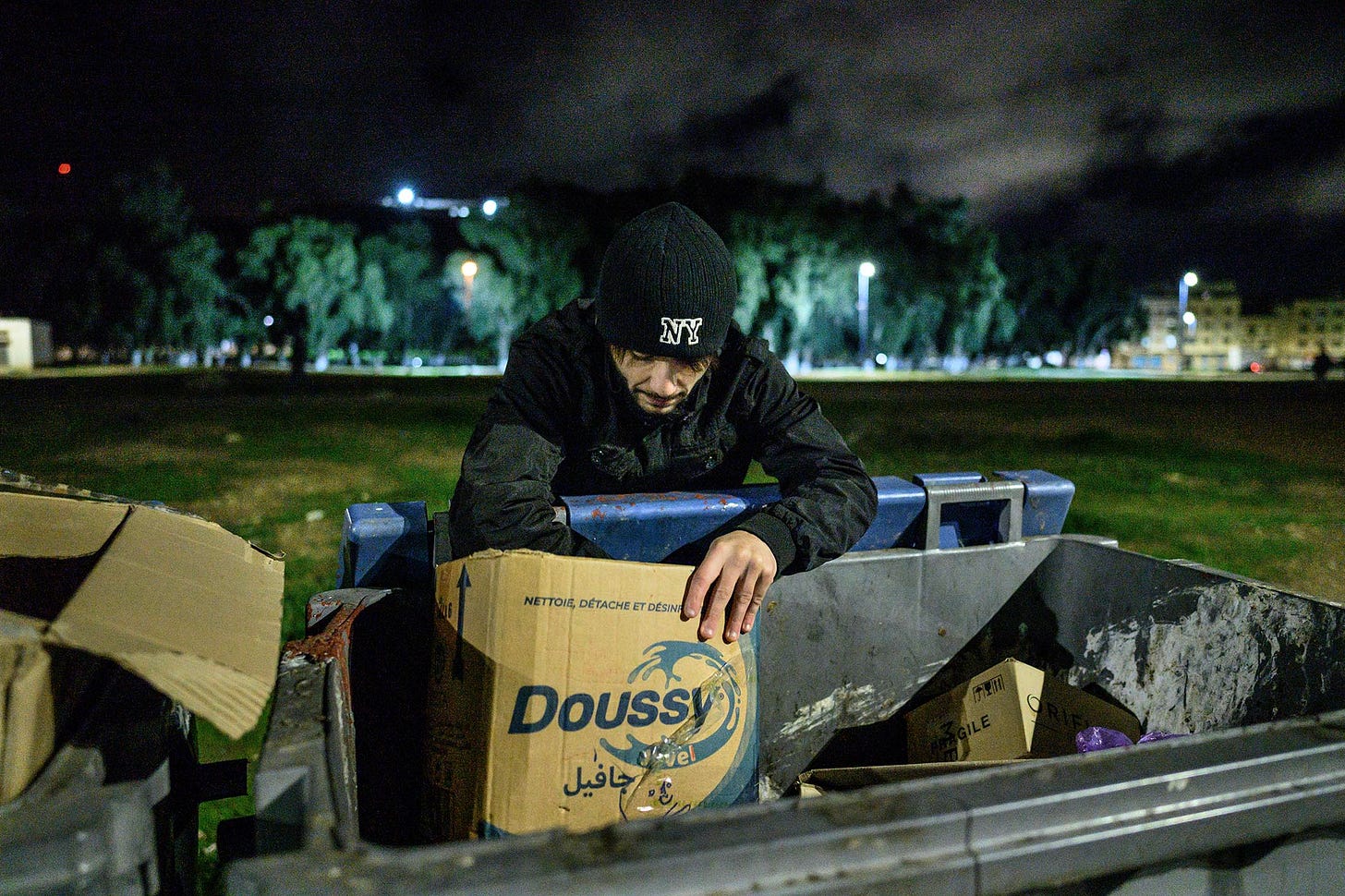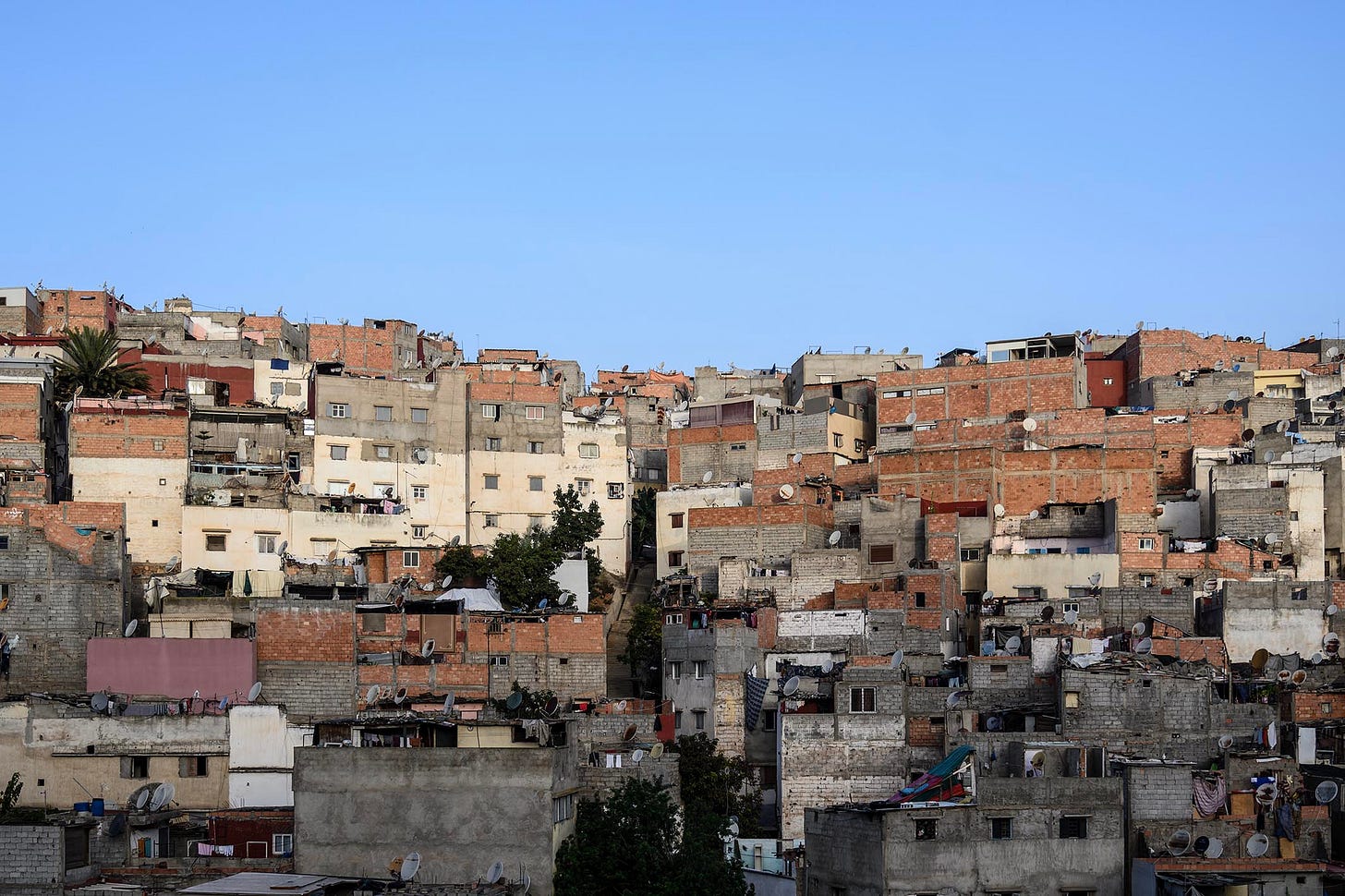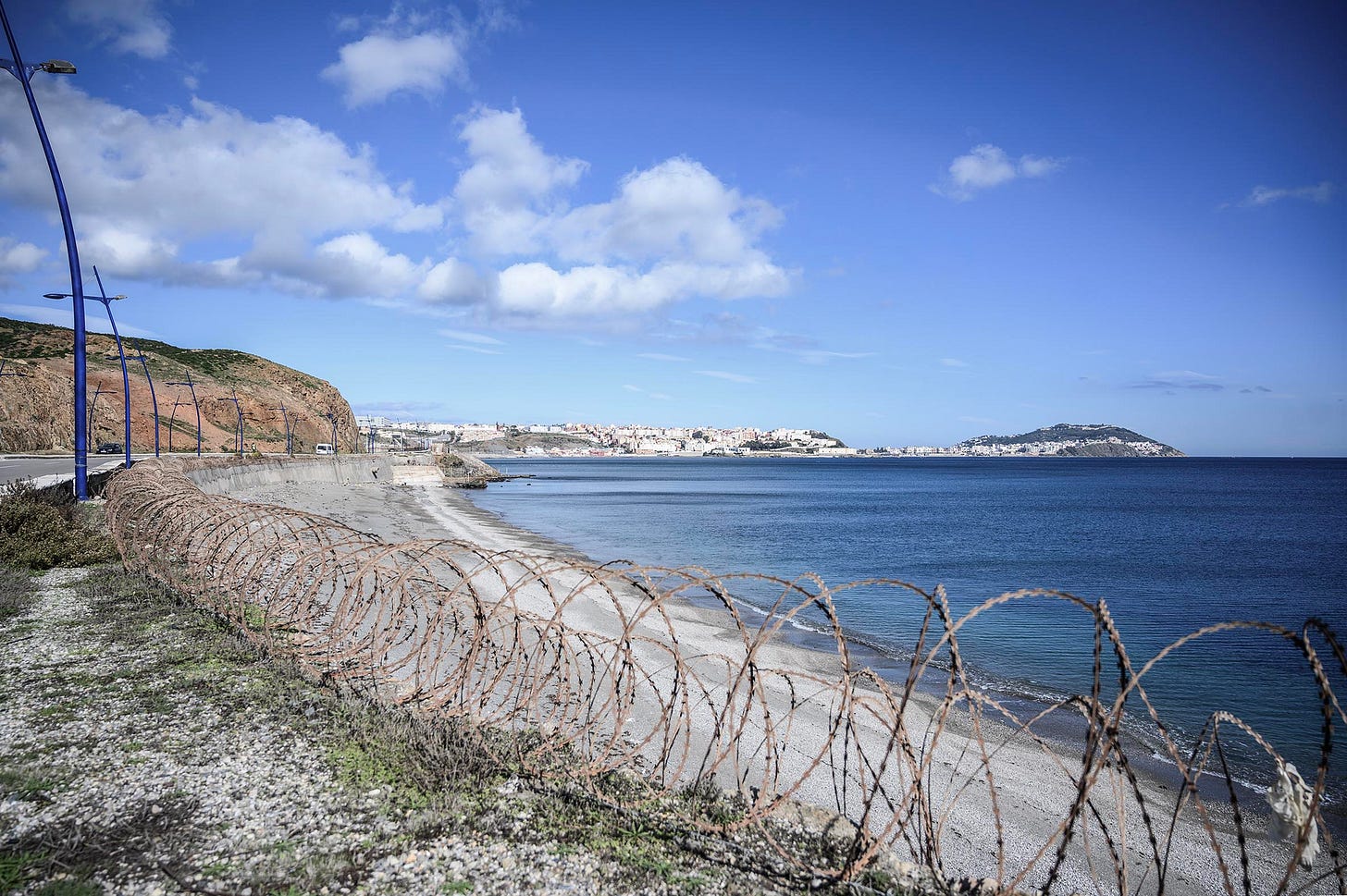The Last Resort: So close to Fortress Europe’s African outposts, yet so far
Fnideq, like other Moroccan towns near the Spanish cities of Ceuta and Melilla, has become a beacon for Africans trying to head north.
Imane Bellamine in Fnideq
Fnideq is the closest Moroccan town to Spain’s Ceuta – a tiny sliver of Europe on mainland Africa. In September, social media fuelled a frenzy in which hundreds of Morocco’s 1.5-million unemployed 15- to 24-year-olds descended on Fnideq, attempting to cross to Ceuta and claim asylum in the European Union.
Now it’s a ghost town – entirely barricaded, the beaches are closed, the neighbourhoods are heavily militarised and checkpoints abound. It is testament to the might that protects Fortress Europe.
Looking at a map, you would be forgiven for thinking that Ceuta is part of Morocco. It is geographically, just not legally. Drive seven hours east on the Moroccan coast along the Mediterranean sea and you will go from Ceuta to another Spanish city: Melilla. Spain refused to give the two up when it recognised Moroccan independence in 1956. It argued, in part, that its rule over these lands pre-dated its hold on the rest of Morocco, and even some parts of mainland Spain.
Today, when European nations are fervent about keeping African migrants out, having territory that touches African borders is proving complicated for Spain.
Young people camp in Moroccan towns between or near Ceuta and Melilla, looking out for a chance to cross over.
This might entail a dangerous swim when the sea is too rough for coast guard patrols; an attempt to breach under-guarded sections of the physical barriers; or gathering a critical mass of people to storm the fortress walls.
To keep these people out, Ceuta is now separated from Morocco by an 8km wall that is nearly 6m tall. Melilla is fortified with a similarly high razor-wire fence that stretches over 11km, topped with sensors to alert Spanish watch-posts of intruders.
In addition, the EU pays the Moroccan government hundreds of millions of euros to do more on its side of the border: €234-million between 2015 and 2021, according to an official report published early last year. This tactic is effective: Moroccan authorities said in August that they had thwarted more than 11,300 attempts to cross into Ceuta and 3,300 to Melilla since the start of 2024, part of the 45,000 migrants they prevented from reaching the EU.
Still trying, still hoping
During the day, Fnideq’s city centre is eerily quiet, controlled and devoid of young people. But when evening comes, the young, unemployed or underemployed emerge to sit at cafés and share their stories.
Abdellah, 20, first attempted to cross into Ceuta in 2021. At the time, the borders were more open: one could get a special pass from Spanish consulates in the Moroccan towns of Tetouan and Nador to spend 24 hours in Ceuta or Melilla. A childhood visit to Ceuta had left him thinking of moving there permanently, and maybe even going on to mainland Spain to build a new life.
“We all want a better life,” says Abdellah, who dropped out of school in 2016 to support his family, working as a kitchen hand and a bartender.
When he crossed into Ceuta in 2021, he spent four days there with family, hiding from the police, so he never fully experienced the city. Then he was caught and violently removed.
Now sitting in Fnideq, after facing violence at the border, he has second thoughts about that promise of a better life in Spain.
Ibrahim was only 16 when he first crossed to Ceuta with a group of friends. They were apprehended and confined to a warehouse for four days before Spanish authorities sorted them out by age.
The guards were violent. “They beat us and refused to let us out for more than an hour,” recalls Ibrahim. After the age sorting, only children younger than 13 were allowed to stay, sent to special centres for minors. Ibrahim returned to Morocco after 20 days but tried again in 2022, this time swimming to Ceuta with two friends.
“Only one of us escaped, but the rest were caught by the Spanish navy and handed over to the Moroccan police,” he says. They were taken for questioning to Martil, near Fnideq. “They threatened to jail us if we tried again.”
Now a bartender in Fnideq, Ibrahim still dreams of a safe and legal way to reach Europe: an asylum claim perhaps. “If I had the chance to go legally, I’d never say no. I want to change my life, and meet my obligations towards my family.”
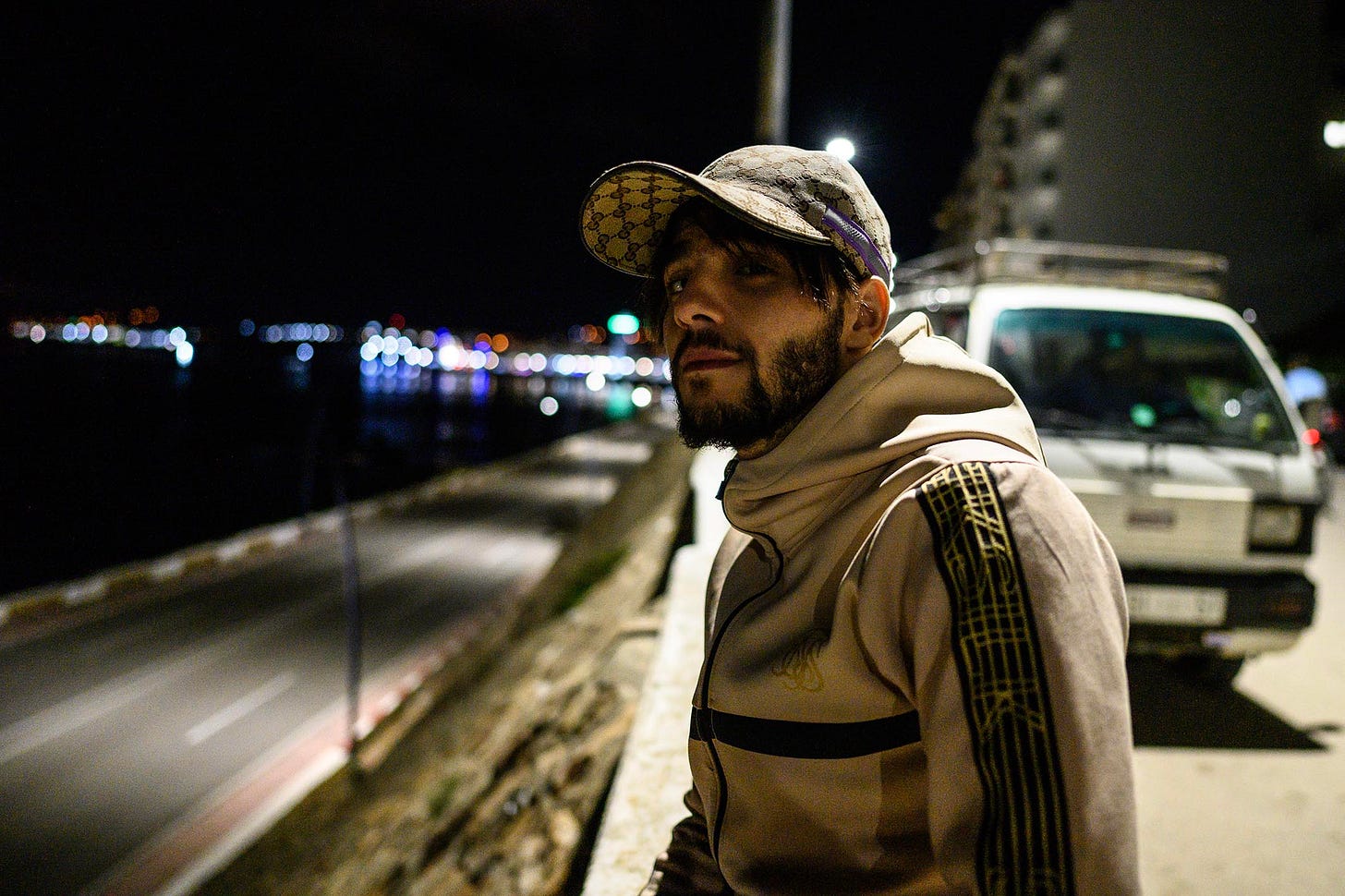
Oussama, 24, lived in a state-run children’s home in Tetouan from 2003 to 2015. When he left, he was reunited with his mother who was trading between Ceuta and Morocco. He started helping her transport her wares. But the borders were sealed, leaving the mother and son lost and desperate.
He tried but failed several times to cross into Ceuta before finally making it in 2018. But he had nowhere to live. Living on the Ceuta streets for more than a year, he developed a drug and alcohol addiction, before being deported back to Morocco.
Deportation was painful, but dreams of reaching Europe still fill his head. Now working as a scrap picker, Oussama says he will keep trying. “All I want is to be there, have a family, and build my own car wash,” he says. “If we had opportunities here, we wouldn’t risk our lives.”
Not everyone is driven by thoughts of material ease. “At least there, they have rights, even if life is hard,” says Issam, 18, who has worked to support his siblings since his father died, and tried many times to cross to Europe.
For all these boys, crossing the border has become a repeat ritual.
Back and forth
Migrants’ choices are most limited when authorities on both sides of the barriers agree to press them hard.
In 2021, amid tensions with Spain over Western Sahara, Morocco relaxed its surveillance of the land border. Between 8,000 and 10,000 migrants took the opportunity to cross into Ceuta, either by swimming or climbing over the barbed wire. While most adults were sent back by Spanish authorities, around 1,500 minors were allowed to stay, many of whom made their way to mainland Europe.
Today access to Ceuta and Melilla requires a visa. Since April 2024, Moroccan authorities have refused to accept the special 24-hour pass issued by Spanish consulates in Tetouan and Nador. With these, some people could still move freely between Morocco and the two Spanish cities, at least to buy and sell goods. People used to go to Ceuta for work; some with papers, others without. Not any more.
“The new rules killed the economy so the only solution was to jump the fence or swim,” says Achraf Maymoun, president of the Tetouan Moroccan Association for Human Rights.
He says the border closure has also led to another looming crisis: access to public health support has been cut off, too.




